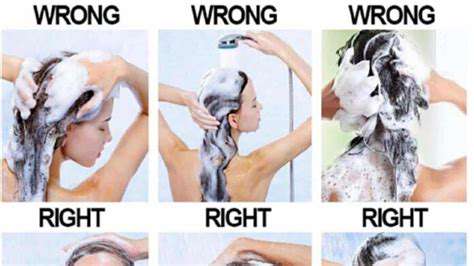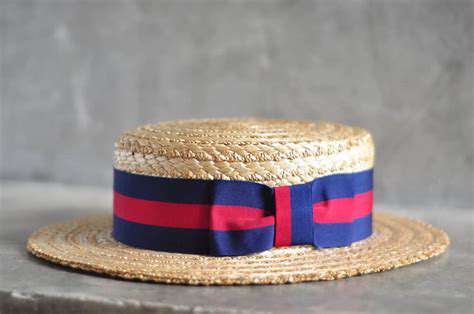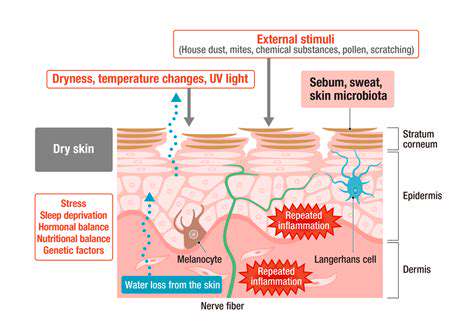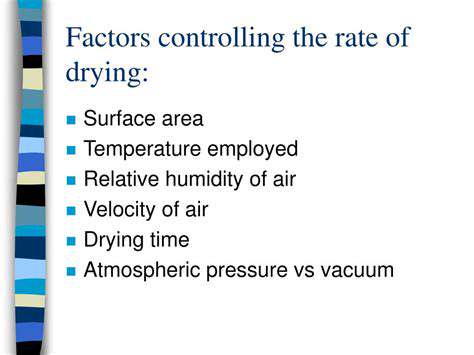Hair Care Routine for Fine Hair

Washing Fine Hair: Understanding Your Hair Type
Fine hair, with its delicate strands and tendency to lie flat, demands special attention during washing routines. Recognizing the unique requirements of fine hair is essential for maintaining its health and vibrancy. Without proper care, fine hair becomes vulnerable to damage and excessive dryness. Aggressive shampoos or rough handling often result in breakage and lackluster appearance.
Assessing your hair's porosity (how well it absorbs moisture) and density (strand count per area) guides product selection and washing methods. These characteristics directly impact how your hair responds to different treatments.
Choosing the Right Shampoo and Conditioner
Shampoo selection makes all the difference for fine hair. Seek out sulfate-free options that clean gently while preserving natural oils. Sulfates' harsh cleansing action often backfires on fine hair, leaving it parched and fragile. Formulas created specifically for fine or color-treated hair typically include hydrating components to restore moisture balance.
Conditioner choice matters equally. While you need something that smooths the cuticle and reduces tangles, a featherlight formula won't overwhelm delicate strands. Steer clear of rich, heavy conditioners that can leave fine hair looking greasy and lifeless.
Washing Techniques for Fine Hair
Handle fine hair with kid gloves during washing. Rather than scrubbing vigorously, use gentle circular motions with your fingertips to work shampoo into the scalp. This approach removes impurities while stimulating circulation without causing stress to hair follicles.
Rinse shampoo completely using lukewarm water - hot water strips away protective oils. Proper rinsing maintains the hair's natural moisture equilibrium, crucial for keeping fine hair healthy and manageable.
Avoiding Over-Washing
While fine hair shows oiliness quickly, washing too frequently creates a vicious cycle of dryness. Extending time between washes helps fine hair retain its essential oils. Base your washing schedule on your scalp's natural oil production and daily activities - typically every other day or twice weekly suffices.
Regular scalp cleansing maintains follicle health and prevents product accumulation. For mid-week refreshment, dry shampoo or occasional clarifying shampoo can absorb excess oil without complete rewashing.
The Importance of a Deep Conditioning Treatment
Weekly deep conditioning proves vital for fine hair's moisture retention and oil restoration. These intensive treatments deliver essential nourishment that prevents fine hair from becoming dry and brittle. Tailor frequency to your hair's specific condition and needs.
Select deep conditioners formulated specifically for fine hair. These specialized products contain optimal ingredients that moisturize without heaviness, simultaneously reducing frizz and enhancing shine.
Drying and Styling Fine Hair
Post-wash, gently press water out with a microfiber towel - no rubbing or twisting. Microfiber's soft texture minimizes friction that causes frizz and breakage. When using heat tools, avoid high temperature settings that can weaken fine hair's structure.
Choose styling products designed for fine hair. Lightweight formulations provide hold and volume without the greasy, weighed-down effect that plagues many fine-haired individuals.
Additional Tips for Fine Hair Care
Weekly hair masks offer intensive hydration and shine enhancement for fine strands. These treatments deliver concentrated moisture that regular conditioners can't provide.
Shield fine hair from environmental aggressors like UV rays and wind. Protective serums or sprays create a barrier against these damaging elements, helping maintain hair health and appearance.
Shooting pain manifests as sudden, sharp discomfort that follows nerve pathways. The sensation's intensity and duration vary, often described as electric jolts. Many patients compare it to receiving a shock in the affected region. While possible anywhere, it most frequently occurs in extremities or along the spine. Proper identification of shooting pain characteristics enables more effective treatment approaches.
Read more about Hair Care Routine for Fine Hair
Hot Recommendations
- Grooming Tips for Your Bag and Wallet
- Best Base Coats for Nail Longevity
- How to Treat Perioral Dermatitis Naturally
- How to Use Hair Rollers for Volume
- How to Do a Graphic Eyeliner Look
- Best DIY Face Masks for Oily Skin
- Guide to Styling 4C Hair
- Guide to Improving Your Active Listening Skills
- How to Fix Cakey Foundation
- Best Eye Creams for Wrinkles



![Review: [Specific Maternity Clothing Brand] Comfort and Style](/static/images/29/2025-05/ValueforMoney3AAWorthyInvestment3F.jpg)

![Best White Sneakers for Every Outfit [2025]](/static/images/29/2025-05/ThePerfectWhiteSneakerforSpecificOccasions.jpg)





